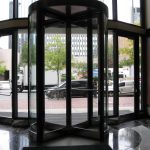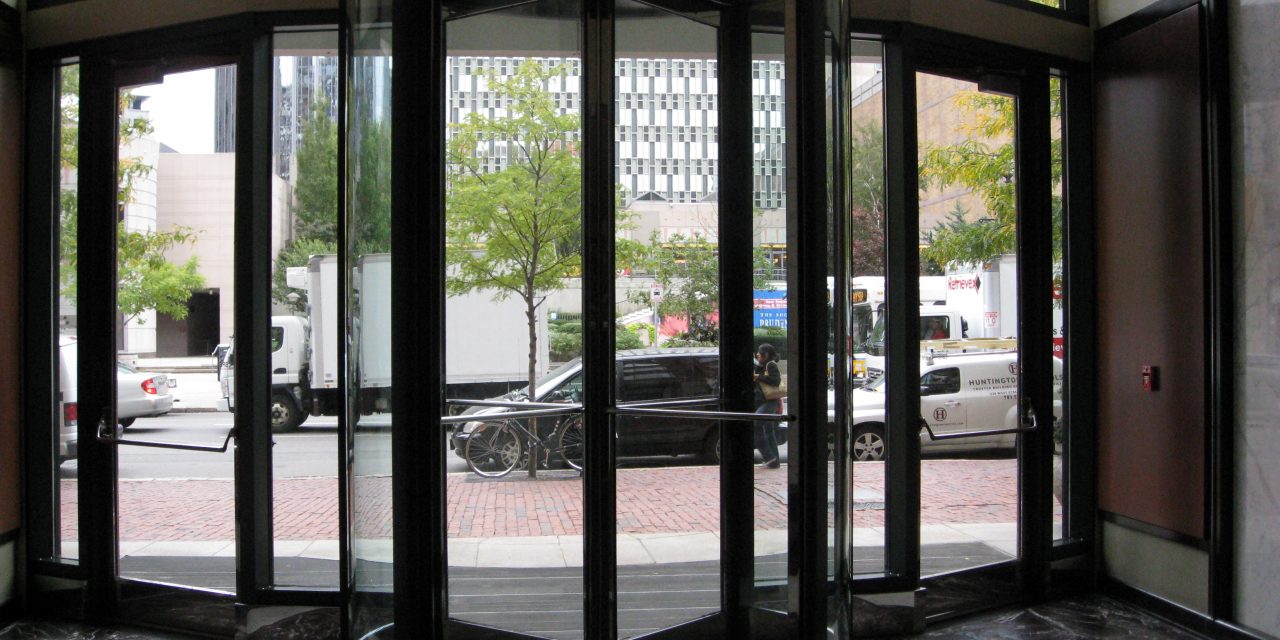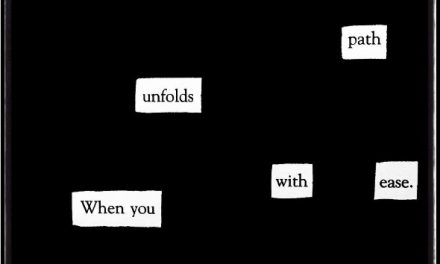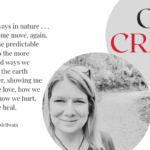 We’re spending most of the day with Issue 10.1, as we review our exhaustive proofreading process and produce one master proofread copy that we can send to our typesetter for changes. Before we let it go, though, we’d like to give you a taste of Issue 9.2— in particular, a number of poems that are concerned with the implications of travel and place. Order a copy of 9.2 here, and read it in a park, next to a suitcase, or in a revolving door:
We’re spending most of the day with Issue 10.1, as we review our exhaustive proofreading process and produce one master proofread copy that we can send to our typesetter for changes. Before we let it go, though, we’d like to give you a taste of Issue 9.2— in particular, a number of poems that are concerned with the implications of travel and place. Order a copy of 9.2 here, and read it in a park, next to a suitcase, or in a revolving door:
Jim McGarrah
I have always written prose about my experiences in combat with a sort of universal reflection, as a way to try and discover the human need for war, what feeds it, why do we only learn better ways to kill each other and not better ways to live with each other? There are moments in time, however, when war comes back to me on a very personal level and in a visceral way through some physical sensation, a sight, sound, or smell. In those instances, my writing will often turn introspective and end up in a poem instead of an essay or chapter in a book. That was the case with “Meditations on the Jungle Ambush” as I happened to be in a park on a quiet and steamy summer evening recently. Watching the clouds roil around a full moon between the branches of an ancient tree brought my memories out of the shadows.
Charles Harper Webb
I must have left my closet open the night before I wrote “Suitcase,” because when I woke next morning, I found myself staring at the black one I always carry “on the road.” Or rather, the suitcase seemed to be staring at me. Like many people post-9/11, post-TSA, I’m ambivalent about travel. I like to see new places, but don’t much like getting there, especially if I have to fly. This poem records some of my impressions and ambivalences.
Monica Berlin [On “The problem is the revolving door of this city even you”]
The city where I live is not unlike many cities in the world, by which I mean it sometimes feels like people never stay long, or are always leaving. Like many places, it sometimes feels like all opportunity is leaving. Like the future is leaving. It’s one of the predicaments of the later part of the last century and of this new one, that kind of impermanence—how we can live there in that. Also on my mind when I wrote the poem: my son, about to turn five, had become smitten with revolving doors whenever we were in a city not our own—our city, by the way, that no longer has even one such door, although we obviously have other kinds; that a disproportionate number of doors and windows grace the places where I spend my days; and the realization that everybody lives somewhere, that everyone lives in a place. The last, maybe the most benign of epiphanies, propelled this poem forward even as I was struggling with how so much of our lives seem to be spent standing still and watching someone we love pull away from the curb, or standing in the doorway waving goodbye, or wondering when anyone or anything will return to what we call “familiar.”











